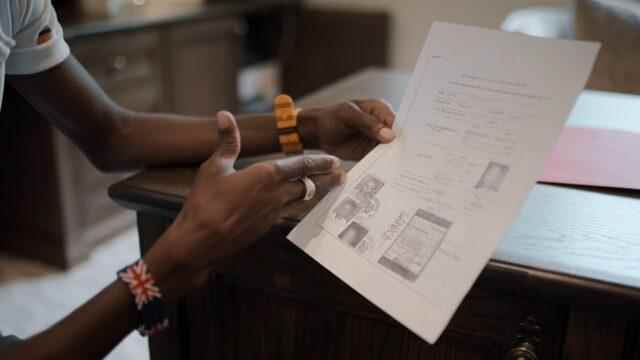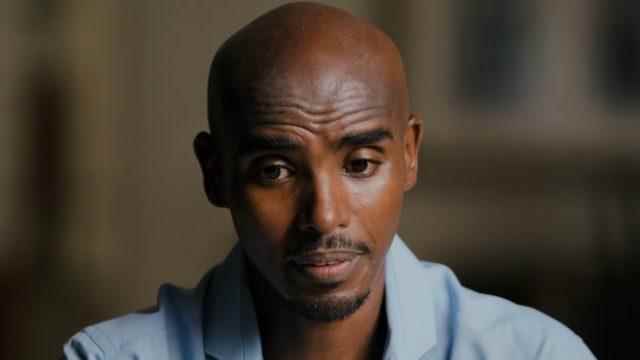Somali-born Olympic champion, famous athlete Mo Farah explained that when he was 9 years old, he was brought to England from Somalia by a woman he did not know, by plane, and then babysitting the children of another family.
Long-distance runner Farah had previously said that she came to Britain as a refugee with her family from Somalia. But in a documentary produced by the BBC and Red Bull Studios, released on Wednesday, he stated that his family had never been to England.
Farah’s father, Abdi, was shot dead in violence in Somalia. Farah was 4 years old when her father died. Farah’s mother and two brothers live on the farm in the internationally recognized state of Somaliland, which declared independence in 1991.
Farah said she was taken from her home when she was 8 or 9 years old.
A person he never knew and was not from his family brought him to England by plane. He was told that he was “taken to Europe to live with relatives there”.
Farah was excited, she had never been on a plane before.
She asked him to say his name was Mohamed. He had with him fake travel documents with a photo of him under the name “Mohamed Farah”.
On arrival in England, Farah was taken to an apartment in Hounslow, west of London. The person who brought her to England took a piece of paper from Farah with her relatives’ contact details.
“She tore it up right in front of me and threw it in the trash. At that moment, I knew I was in trouble,” says Mo Farah, adding that she had to do housework and childcare to feed herself. .
“Most of the time I would lock myself in the bathroom and cry”
The family he was staying with did not allow him to go to school for the first few years. But at the age of 12, he enrolled in Feltham Community College’s 7th grade. The school was told that he was a refugee from Somalia.
His former teacher, Sarah Rennie, told the BBC that he came to school “without caring”, spoke little English, and was “emotionally and culturally alienated”. She added that people who say they are their parents do not attend any parent events.
Mo Farah’s PE teacher, Alan Watkinson, noticed a transformation in him when he stepped onto the track:
“The only language he understood was the language of physical education and sport.”
Mo Farah says that sports are lifesaving for him.
Finally, she told Alan Watkinson about her true identity, her past, and the family she had to work with.

‘REAL MO’
The physical education teacher then applied to the social services agency and helped Farah be adopted by another Somali family.
“I still miss my real family, but from then on everything got better,” says Farah.
“I felt a heavy weight lifted from my shoulders, I felt like myself. That’s when Mo appeared, the real Mo”.
Farah’s name began to be heard as an athlete over time. At the age of 14 he was called up to compete for British schools in a run in Latvia. But he did not have any travel documents.
Watkinson also helped him apply for British citizenship, which was granted in July 2000 as Mohamed Farah.
In the documentary, attorney Alan Briddock said Farah’s citizenship was technically “obtained through fraud or misrepresentation.”
Legally, that person’s British citizenship can be revoked if it was obtained fraudulently.
But Briddock explains that in Farah’s case, this is a low risk.
Basically, the lawyer says that human trafficking is for exploitative purposes. reduces it,” he says.
‘RUN SAVE ME’
Farah says she wants to tell her story to shake up perceptions of human trafficking and slavery:
“I didn’t know there were so many people going through the same thing as me. What really saved me, what made my story different, was that I could run.”
The person who brought Mo Farah to London, reached by the BBC, did not comment on Farah’s statements.
